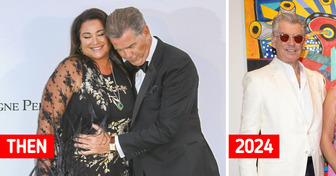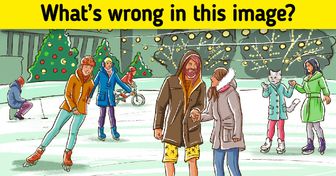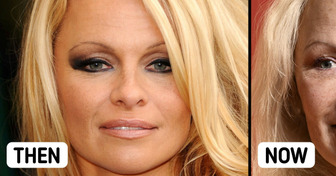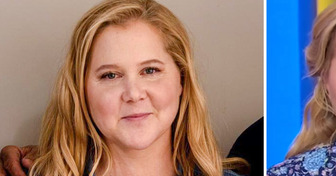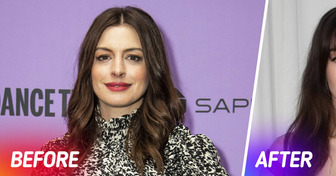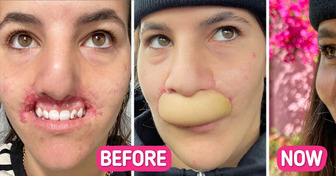Helen Hunt, 60, Stuns During Her Latest Appearance, and Her Lips Become the Center of Attention
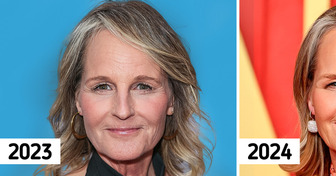
Love is an open door! All you need is love! Can’t help falling in love with you! I bet you’ve all heard these songs before! The main idea behind them is the same; it’s that love is the greatest feeling of them all — even though sometimes it might break your heart.
But you know what? Love has actually nothing to do with the heart but everything to do with the brain! So, join me as I explore the science behind this feeling which makes people write songs, paint masterpieces, and do all sorts of crazy things!
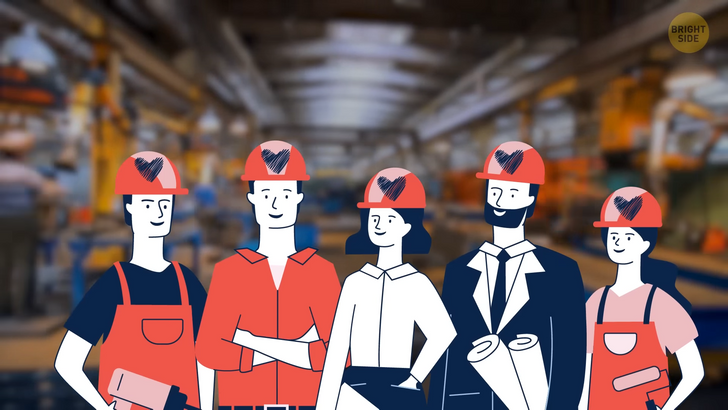
So, I want you to imagine your body, the whole system, as a factory now. Let’s see what happens in there and which hormones and brain systems — ahem — sorry, I meant employees come to play when you begin a new relationship. It’s real teamwork that’s for sure! When you’re at the beginning stages of your new relationship, everything becomes all about your partner, right? When you are not with them, you daydream about them, and when you’re with them, you just want to stay together all the time.
Psychologists call this exhilarating first stage of love infatuation or passionate love. When you’re deeply in love with someone, your brain activity in the ventral tegmental area increases like crazy. In case you’re wondering, that is the reward-processing and motivation section of your brain. It activates when you do things like eat something sweet and delicious, or drink a cold glass of water when you’re thirsty.
And when it’s switched on, happiness hormones like dopamine are released, which in turn teach your brain to repeat the same behaviors with the expectation of receiving the same initial reward. You know, it’s basically the same mechanism as how puppies learn to “give paw” to get the “yummy treat.” So, this increased VTA activity is not only why love makes you feel intensely energetic and over the moon, but also why you can’t keep away from your partner.
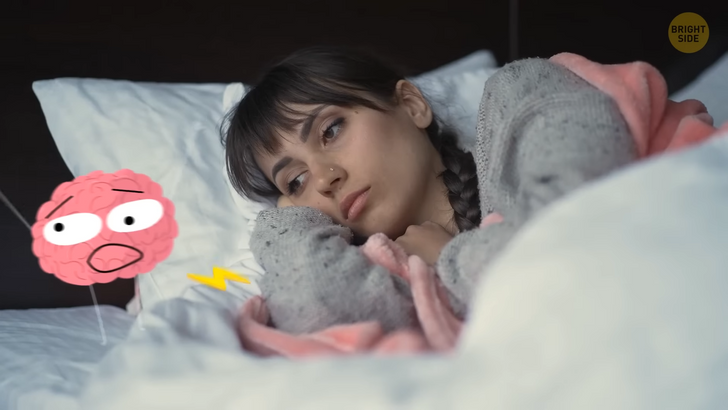
Yet again, the funny thing is, such high levels of dopamine are also known to be responsible for insomnia and decreased appetite. That means those over-the-top romance novels sometimes get it right when they write their characters so in love that they can’t eat and can’t sleep. The first stage of your new relationship is also the time when you may find it hard to see any faults in your partner. Putting on rose-colored glasses like this is all thanks to love’s impact on higher cortical regions of your brain.
Normally, the brain’s cognitive center becomes activated when we make judgments and decisions, as well as engage in critical thought. However, it is proven that those who are in a new relationship show decreased and slower activity there. So, it’s no wonder you think your partner is perfect even though your best friend might not like them that much... Love is blind indeed... All this brain activity and hormone action will turn you into a version of the cheerful SpongeBob as well!
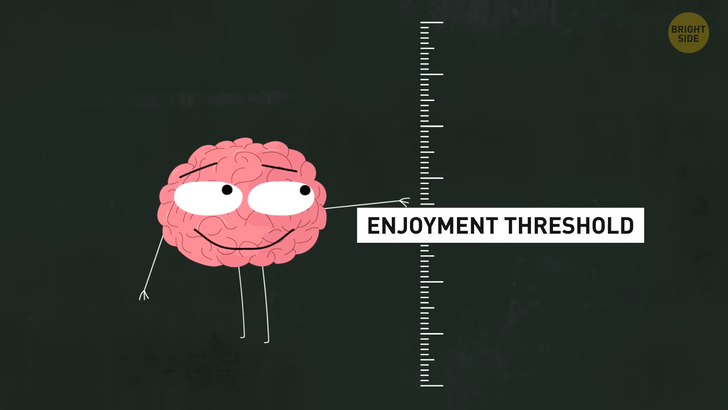
By acting on the pleasure center of the brain, love lowers your enjoyment threshold. This means it makes you feel joyful and elevated a lot easier and faster. You start to develop a more optimistic perspective of the world around you and get less annoyed by things. That must be why we also love being in love, right? While the initial stage of love might be a whirlwind of fuzzy emotions and mental activity, it usually only lasts a few months.
Then a new and longer-lasting era begins, attachment or compassionate love. Think of this as junior employees handing the task to seniors in our imaginary love factory. Now, in this stage, your relationship develops into a state where you may feel more relaxed around your partner as well as more committed to them. This is largely thanks to pair-bonding hormones, aka vasopressin and oxytocin which is often nicknamed as the “cuddle hormone.” They indicate feelings of attachment, social support, and trust.
Once these hormones come into play, the difference between romantic love and any other forms of love actually sort of vanishes. The reason for that is because they are also the hormones that help bond families and friendships. But their duties are not limited to that! Oxytocin can help release stress hormones, too. That’s why you feel relaxed when you spend time with your loved one.

However, this is also the stage where some problems with your relationship may become more evident. Yes, you and your partner start having a more honest understanding and a deeper connection, but with this new bond the previous suspension of judgment you had fades as well. In other words, your rose-colored glasses turn into regular glasses. This may result in two different ways; you and your partner either tackle your issues and create an even stronger bond, or you decide you’re no longer good for each other and go your separate ways.
If the latter happens, no matter for what reason your relationship ends, the brain is all to blame for the pain that follows the heartbreak. The torment of a breakup activates the insular cortex. It is the region of the brain that processes all kinds of pain, from physical to social. So, both the pain you feel from a paper cut or from being rejected by someone are processed here.
Science shows that when looking at their ex-partner’s photos, people who are going through a heartbreak still showed increased activity in the VTA. That means the motivation and reward center that was initially responsible for your desire to be with your partner at the beginning of your relationship is still at work even after they’re gone. And this is what might cause you to daydream about your ex and even seek contact with them. So much so that the urge to reach out may feel overwhelming like an extreme hunger or thirst. So don’t worry, nobody is judging you if you text them “by mistake” to say hi or anything...
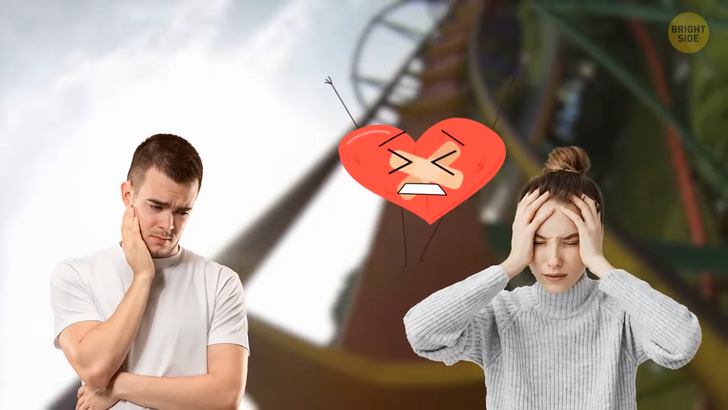
However, this roller-coaster of emotions does take its toll. The bitterness and the heartache activate your body’s alarm system, the stress axis, and this causes you to feel shaken and restless. But when it comes to this, it’s a good thing that nothing lasts forever. As time goes on, the brain’s higher cortical regions which are in charge of reasoning and impulse control say “enough is enough” and pump the brakes on all the distress and yearning. And you know how they say the first heartbreak hits the hardest?
It is because these regions are still maturing and making connections during adolescence. So what do you have to do to ease your pain and go through heartbreak as smoothly as possible? Exercising, spending time with your friends, or even watching your favorite movie can help. Maybe make sure it’s not a rom com though... Such activities actually help you calm down the stress response by triggering the release of the “feel good” hormone dopamine. And this may be a cliché but trust me, time and support from loved ones do heal everything.
In a recent survey, fifty-six percent of Americans have said to believe in love at first sight, and every third person reports that they have experienced it. However, now you know the biology of love, it can’t be that all these hormones immediately kick in when you meet a potential love interest, right? There surely must be a psychological process behind why we fell in love, too. Like, you would first have to get to know them...
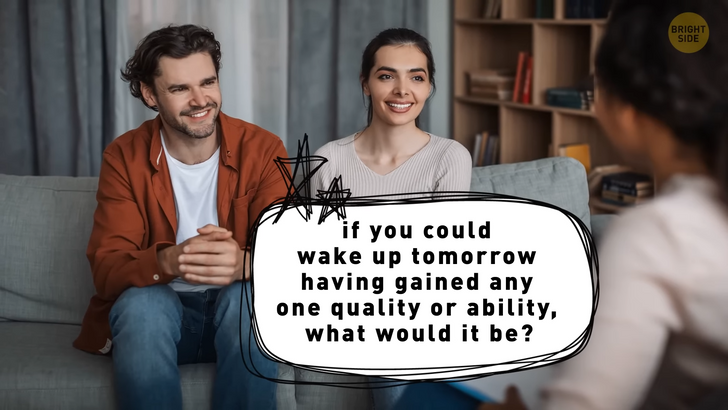
Keeping that in mind, psychologist Arthur Aron came up with 36 questions that can quicken this process and possibly help people who are at the dating stage fall in love quicker. These involve questions like “if you could wake up tomorrow having gained any one quality or ability, what would it be,” and “if you could change anything about the way you were raised, what would it be?”
According to Aron, to be able to answer them, you and your partner need to be vulnerable. And this can deepen the intimacy between you two, which is the key to love.


